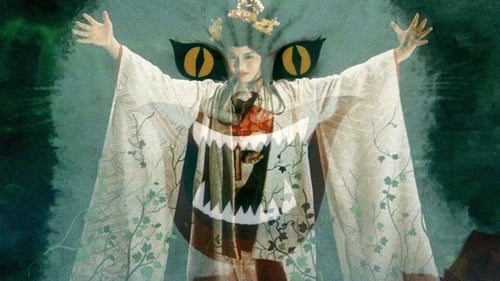
오샤레는 오늘도 친구들과 함께 여름방학 계획을 짜느라 여념이 없다. 방과 후 집으로 돌아온 그녀를 맞이하는 아빠, 이탈리아에서 돌아온 아빠가 반갑지만 아빠 옆에는 곧 새 엄마가 될 낯선 여자가 서 있다. 충격에 휩싸인 오샤레는 문득 생각난 시골 이모댁에 편지 한 통을 보낸다. 여름방학이 오고 오샤레는 7명의 친구들과 함께 시골 이모 집을 방문하기로 한다. 정겨운 시골의 분위기와 따뜻하게 맞아주는 이모는 도시밖에 몰랐던 오샤레와 친구들에게 특별한 방학을 선사해 줄 듯 하다. 하지만 뜻 밖의 사건들이 그들을 기다리고 있다. 집 안의 물건들이 그들을 위협하기 시작하고 친구들이 하나 둘씩 사라져 간다. 위협의 정체는 바로 이모. 사랑하는 사람을 전쟁으로 잃은 채 혼자 살다가 수년 전에 죽은 이모는 자신의 원한을 풀고자 젊은 처녀들을 잡아먹기 시작한다.

A musical horror story about two young women who are stalked through a shopping mall by a cannibal. He follows them home, and here the victims become the aggressors.
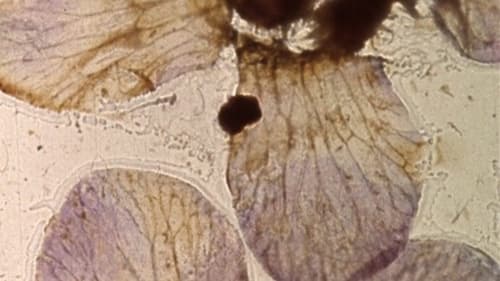
카메라없이 처음으로 만들어진 작품. 실제로 필름 위에 나방의 날개, 꽃잎 조각, 풀 등을 콜라주 형태로 붙여놓고 일련의 프린트 과정을 거친 작품으로 널리 알려져 있다. 이미 죽어버린 생명체가 작가의 손길을 거쳐 스크린 위에 다시 투영될 때의 빛의 숨결을 받아 새로운 생명으로 환생한다는 역설적인 메시지를 지니고 있다. 바로 빛의 깜박거림으로 인하여 영사기를 통해 보여지는 나방의 날개는 마치 살아서 움직이는 것같은 환상을 관객들에게 제공한다.

After a catastrophic global war, a young filmmaker awakens in the carnage and seeks refuge in the only other survivor: an eccentric, ideologically opposed figure of the United States military. Together, they brave the toxic landscape in search of safety... and answers.
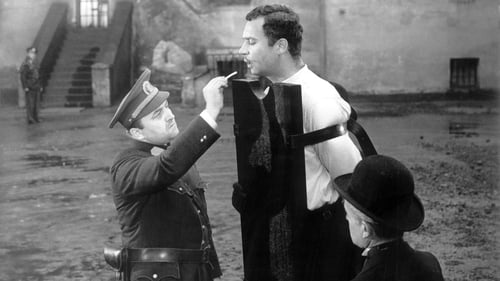
A dark comedy about a murder and its consequences presented in a backwards manner, where death is actually a rebirth. The film starts with an "execution" of the main protagonist and goes back to explore his previous actions and motivations.
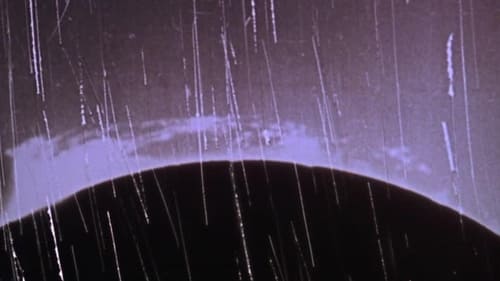
A creation myth realized in light, patterns, images superimposed, rapid cutting, and silence. A black screen, then streaks of light, then an explosion of color and squiggles and happenstance. Next, images of small circles emerge then of the Sun. Images of our Earth appear, woods, a part of a body, a nude woman perhaps giving birth. Imagery evokes movement across time. Part of the Dog Star Man series of experimental films.

In the solitude of night, the veil of reality slips away to reveal our deepest fears.
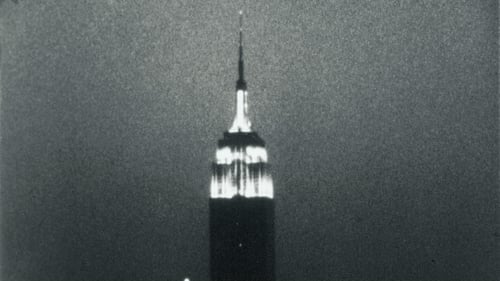
Experimental film consisting of a single static shot of the Empire State Building from early evening until nearly 3 am the next day.
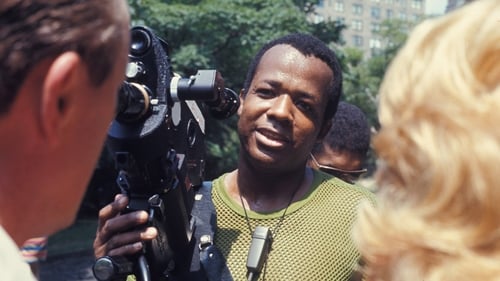
In Manhattan's Central Park, a film crew directed by William Greaves is shooting a screen test with various pairs of actors. It's a confrontation between a couple: he demands to know what's wrong, she challenges his sexual orientation. Cameras shoot the exchange, and another camera records Greaves and his crew. Sometimes we watch the crew discussing this scene, its language, and the process of making a movie. Is there such a thing as natural language? Are all things related to sex? The camera records distractions - a woman rides horseback past them; a garrulous homeless vet who sleeps in the park chats them up. What's the nature of making a movie?

A children's film about the largest mass suicide of the 20th century reconstructs the 1978 event. The Reverend Jim Jones forced nearly a thousand followers of his People's Temple sect to drink poison in the settlement of Jonestown, Guyana, South America. A third of them were children. Jan Bušta gives sadists, voyeurs, and necrophiliacs one minute to leave the cinema. His self-reflective documentary, which is the result of ten years of time-lapse filming, does not depict dramatic scenes. To the sound of an audio recording from that fateful day, we see a collage of child ghosts preaching about escaping the corruption of the world.

A person spends most of their life mourning the things they have lost, unable to move on. They frequent a silent but helpful medium and embark on a spiritual journey where they linger among their past lives.
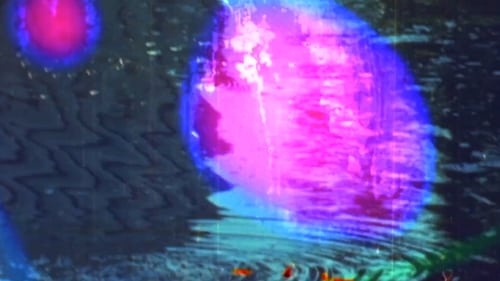
Tar pits form as petroleum seeps to the surface through fissures in the Earth’s crust, leaving viscous asphalt pools. To make Tar Pits Film, Jennifer West threw a strip of film into the La Brea Tar Pits in Los Angeles, still-bubbling asphalt pools which have seeped from the ground for tens of thousands of years. The film was then ridden over hot asphalt by a motorcycle and drenched in other substances including thick mayonnaise and body lotion.
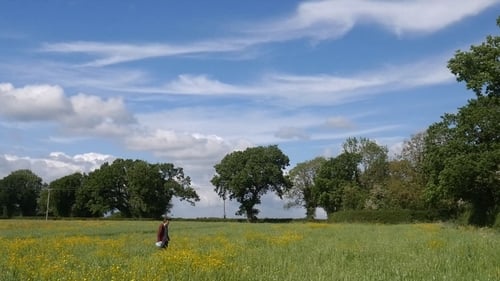
Dan, a guilt-ridden man attempting to escape a troubled past finds an oddly coloured stone whilst dumping incriminating items deep within the countryside. Soon after taking the stone, he begins to see visions and discovers that his deepest fears lie within himself.

From cradle to grave. A travelogue in the vein of the early super 8 films by Derek Jarman and Mark Jenkin, and the rambling grimoires of Ithell Colquhoun, retracing the primal journey of the early Holocene mystics of the Guernsey bailiwick.

Consistent stylistic-thematic structures link and merge throughout the bewildering event chain. The distinction between organic forms and human artifacts is blurred by the visual style which is enigmatic without being ambiguous.

The film choreographically covers the distance between two women and their mirroring selves, under Laurie Spiegel's soundscape and with the ambiance of VHS video. Their bodies, sometimes two and others four, are always connected with a rope, influenced by white noise retro interference, sound scratches and pauses. They approach each other until they connect and then finally completely disappear, nullifying the distance between them. The reverse movement of these similar bodies-idols aims to compose a dance of the two and the one, our close and more distant self and to reach to the void in between them.

A woman's last moments before she is consumed by a darkness.














